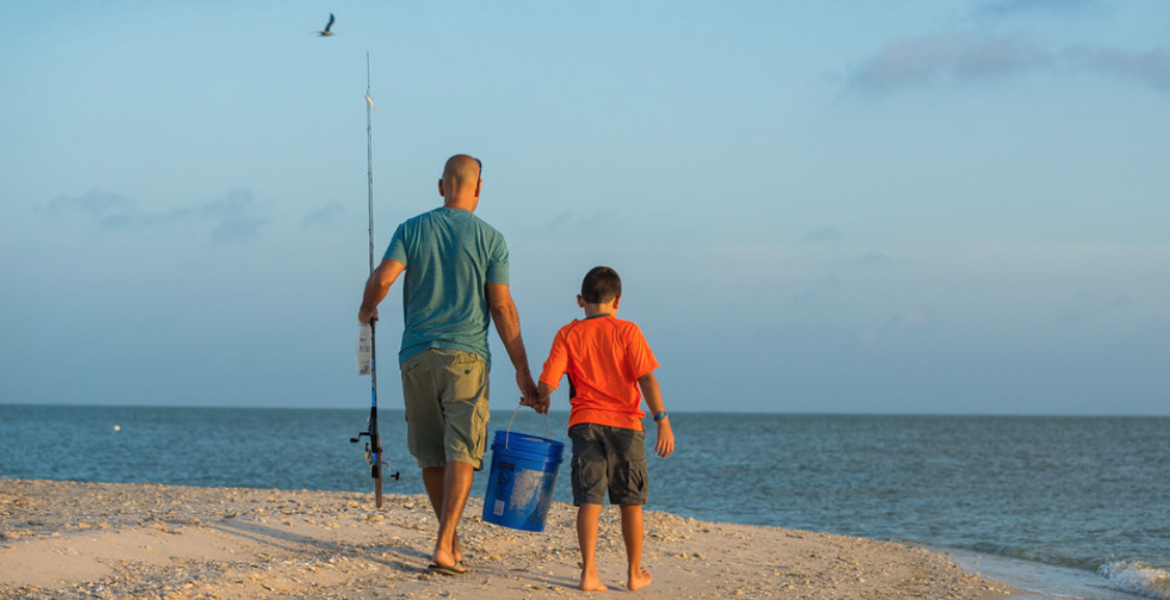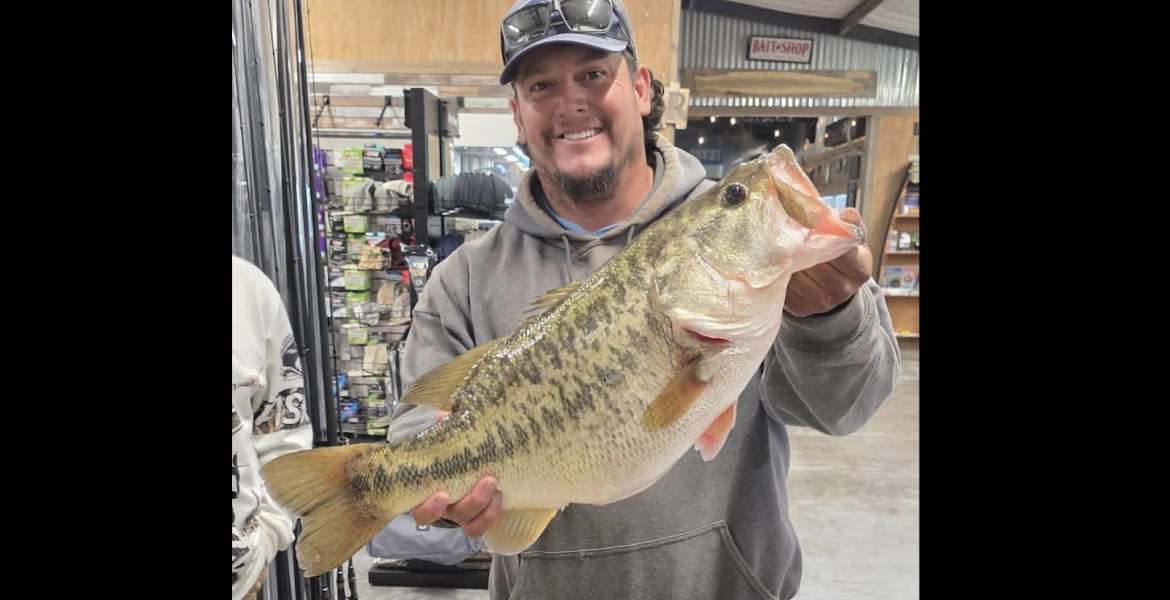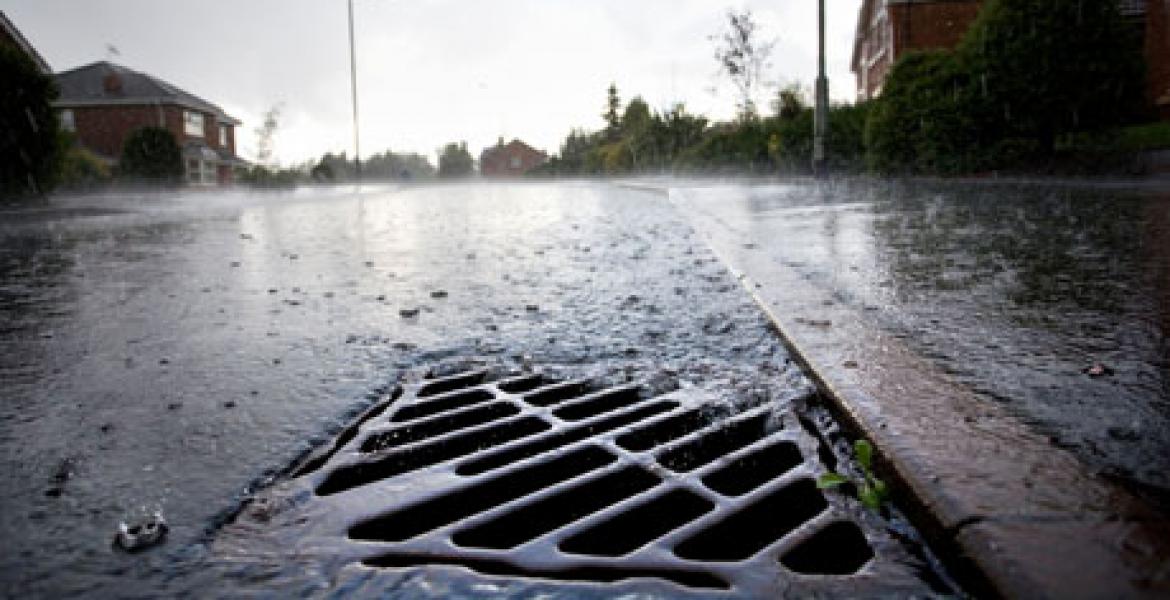BROWNWOOD, TX — The Texas Parks and Wildlife has sent out a clarion call about the infestation of small clam-shelled, fingernail-sized mollusks native to fresh waters in Eurasia known as Zebra Mussels discovered in Texas lakes.
Although the invasive species are verified to be located in 15 Texas bodies of water and 17 river basins are confirmed habitats, TPWD warned in a press release early Tuesday that their spread is highly possible.
O.H. Ivie Reservoir near Brownwood, from where the City of San Angelo pumps the majority of its water supply, is on the “suspected” list of lakes infested with the mussels. Near Del Rio, National Park Service officials have tested the water in Lake Amistad and found positive hits for Zebra Mussel DNA. As of today, Amistad’s infestation is labeled as “inconclusive.”
DNA found in Lake Amistad is a strong reminder that boaters need to be especially thorough on prevention measures when traveling to and from lakes.
“Once zebra mussels spread to a new basin there is always potential for downstream spread, but a boat can move them downstream in a single day. Only boats, barges, and other equipment used in the water can transport zebra mussels upstream or to new river basins. We encourage all lake users to keep an eye out for mussels attached to other watercraft as well as on shorelines and docks and report them to us as soon as possible,” said Monica McGarrity, TPWD Senior Scientist for Aquatic Invasive Species Management.
According to TPWD, the rapidly reproducing zebra mussels can have serious economic, recreational and environmental impacts on Texas reservoirs and rivers. Zebra mussels can harm aquatic species, cause harmful algal blooms, cover rocks, beaches, hard surfaces with sharp shells, clog water intakes, damage or increase maintenance on facilities using raw surface water, and damage boats and motors left in infested waters.
Although the TPWD found no new lakes infested with the mussels, the agency determined that a statewide media advisory was important in notifying Texas sportsmen of the problem and to ask boaters and fishermen to help curtail the spread of the mussels.
In Texas, it is unlawful to possess or transport zebra mussels, dead or alive, the TPWD stated in a press release Tuesday.
Boaters are required to drain all water from their boat and onboard receptacles before leaving or approaching a body of fresh water to prevent the transfer of zebra mussels and other invasive species. Zebra mussel larvae are microscopic and can survive for days in residual water and adults can survive even longer out of water, especially in cooler months. The requirement to drain applies to all types and sizes of boats whether powered or not – personal watercraft, sailboats, kayaks, canoes or any other vessel used on public waters.
Here’s how to look for Zebra Mussels and prevent their spread:
[[{"fid":"56307","view_mode":"wysiwyg","fields":{"format":"wysiwyg"},"type":"media","field_deltas":{"1":{"format":"wysiwyg"}},"attributes":{"class":"media-element file-wysiwyg","data-delta":"1"}}]]
The TPWD has a webpage available to monitor the spread of Zebra Mussels here.
Subscribe to the LIVE! Daily
Required






Comments
Listed By: Johnny Rutherford
First, OH Ivie is closer to Angelo than it is to Brownwood. Second, I fish it all the time and have heard nothing of zebra mussels. Finally, perhaps reaching out to CRMWD manager Richard Halfmann at Ivie would provide a true perspective of any zebra mussel issue. Do your homework, Joe....
- Log in or register to post comments
PermalinkListed By: Joe Hyde
- Log in or register to post comments
PermalinkPost a comment to this article here: